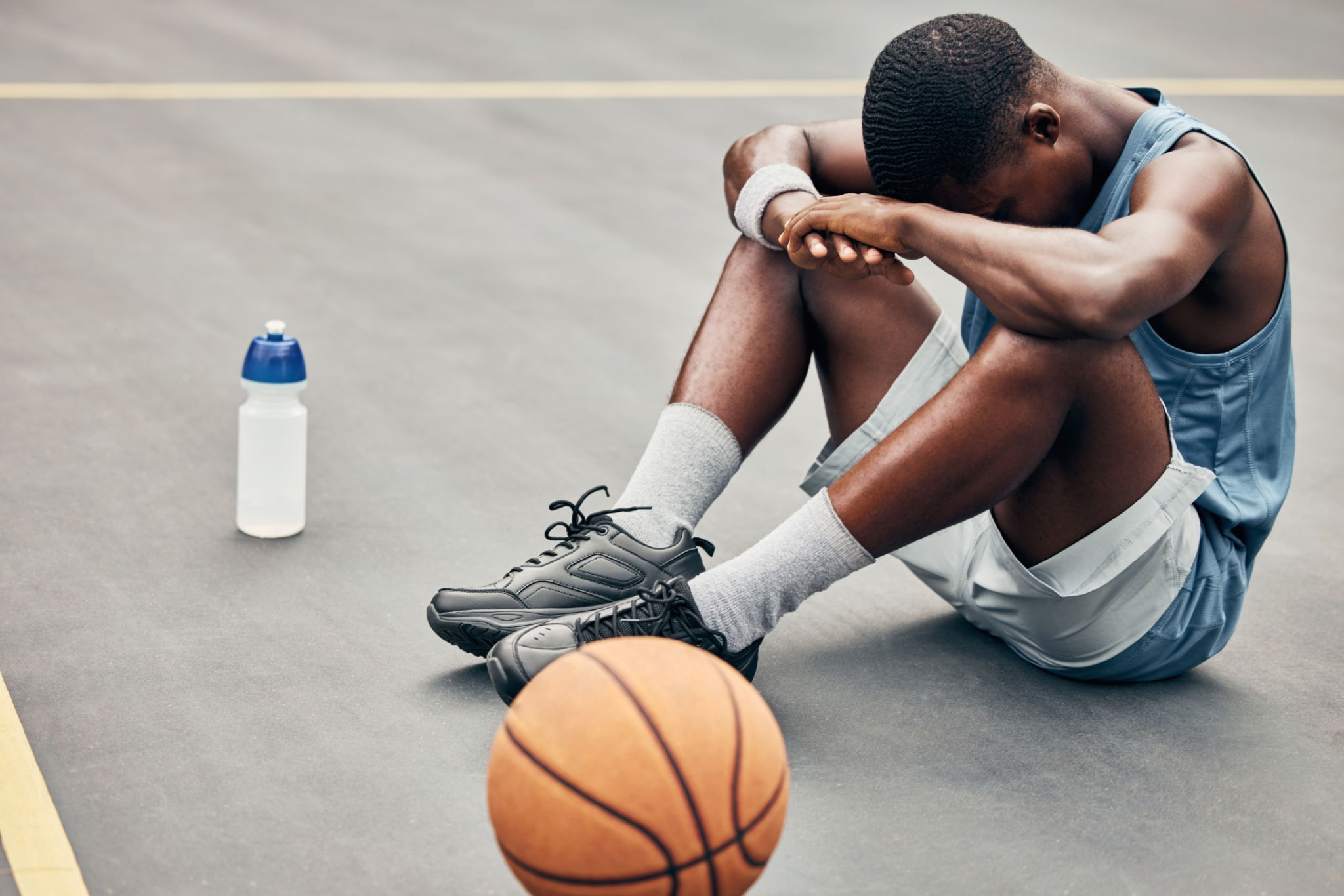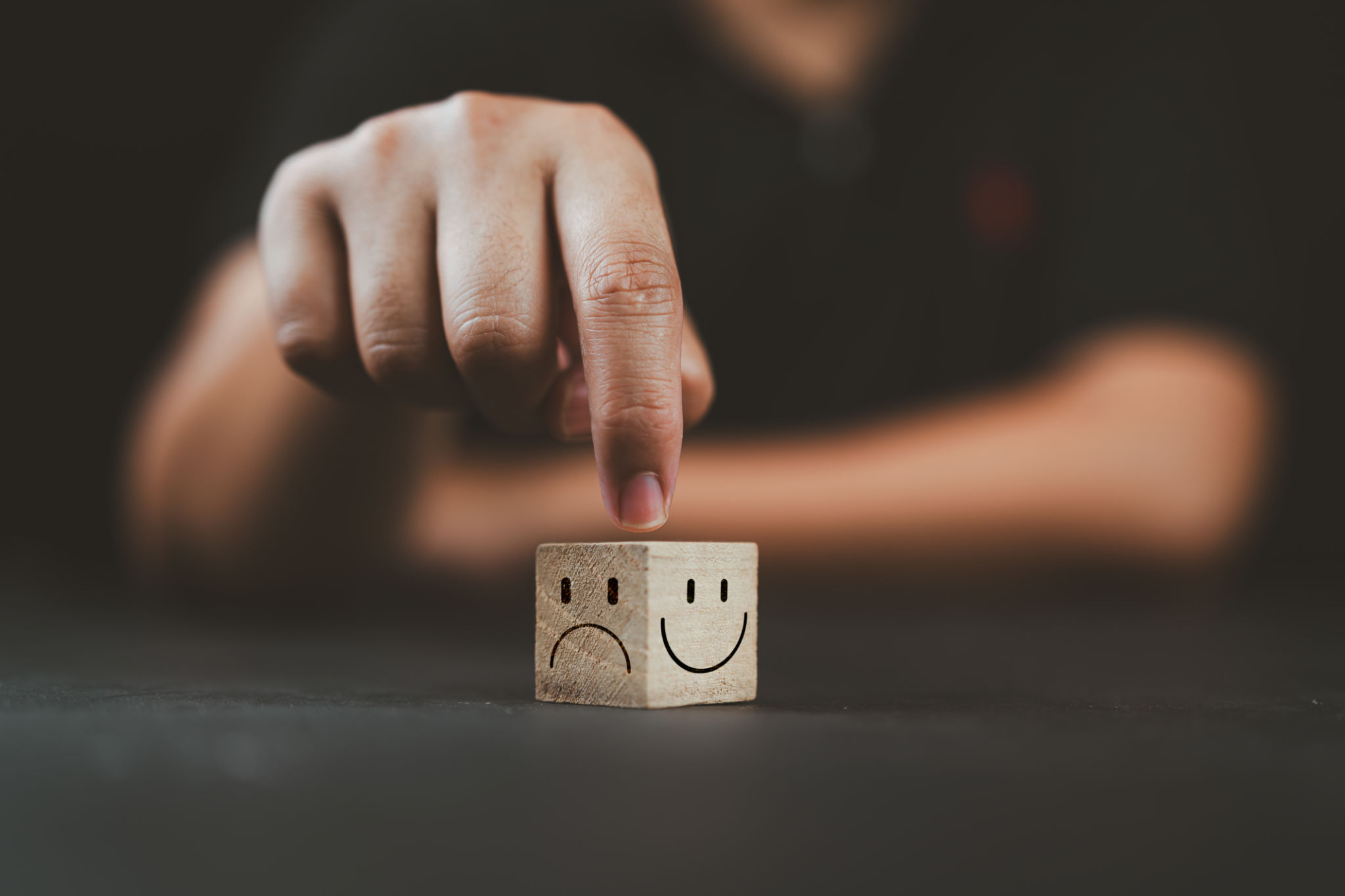How Sport Psychology Can Help Prevent Burnout in Athletes
Understanding Burnout in Athletes
Burnout is a psychological syndrome that affects many athletes, manifesting as emotional exhaustion, reduced accomplishment, and a sense of detachment from their sport. The relentless pressure to perform, along with the physical and mental demands of training, can lead athletes to experience a decline in motivation and enjoyment. Recognizing the signs of burnout early on is crucial to preventing long-term consequences on an athlete’s career and mental health.

The Role of Sport Psychology
Sport psychology plays a pivotal role in helping athletes manage stress and maintain a healthy balance between their professional and personal lives. By employing various psychological strategies, sport psychologists work to enhance an athlete's mental resilience, which can be instrumental in preventing burnout. These strategies include goal setting, visualization, relaxation techniques, and cognitive restructuring.
Goal setting allows athletes to focus on achievable objectives, which can boost motivation and provide a sense of direction. Visualization techniques enable athletes to mentally rehearse their performances, fostering confidence and reducing anxiety. Relaxation methods such as deep breathing and progressive muscle relaxation help mitigate stress, while cognitive restructuring aids athletes in developing a positive mindset.
Building a Supportive Environment
Creating a supportive environment is essential for athletes to thrive. Coaches, teammates, and family members play a significant role in providing the encouragement and understanding that athletes need. Open communication channels allow athletes to express their concerns and seek support when necessary. Additionally, fostering a culture that values mental health as much as physical performance can make a significant difference in an athlete's well-being.

Importance of Rest and Recovery
A crucial element in preventing burnout is ensuring adequate rest and recovery time. Overtraining can lead to physical injuries and exacerbate feelings of exhaustion and frustration. By incorporating rest periods into training schedules, athletes can replenish their energy levels and maintain optimal performance. Sport psychologists often emphasize the importance of listening to one's body and recognizing when it needs a break.
Implementing strategies such as active recovery, which involves low-intensity exercises, can aid in maintaining fitness levels while allowing the body to recuperate. Additionally, promoting good sleep hygiene is vital for mental and physical recovery.
Nurturing Mental Health
Mental health care is an integral part of an athlete's overall well-being. Encouraging athletes to engage in mental health practices, such as mindfulness meditation or journaling, can help them manage stress more effectively. Sport psychologists may also offer counseling services to address any underlying psychological issues that could contribute to burnout.

Teaching athletes to recognize their emotional triggers and develop coping mechanisms is vital for long-term mental health. By normalizing discussions around mental health within sports organizations, we can create an environment where seeking help is seen as a strength rather than a weakness.
Developing Resilience
Resilience is the ability to bounce back from setbacks and maintain focus despite challenges. Sport psychology interventions often focus on developing resilience in athletes by enhancing their mental toughness. Techniques such as self-talk, where athletes learn to replace negative thoughts with positive affirmations, can boost their confidence and perseverance.
By fostering resilience, athletes are better equipped to handle the pressures of competition and remain motivated even during difficult times. This proactive approach not only prevents burnout but also enhances overall performance.

In conclusion, sport psychology provides invaluable tools and strategies to help athletes prevent burnout and maintain a healthy balance between their sport and personal lives. By focusing on mental well-being, building supportive environments, ensuring rest, nurturing mental health, and developing resilience, athletes can continue to enjoy their sport while safeguarding their mental health for the future.
